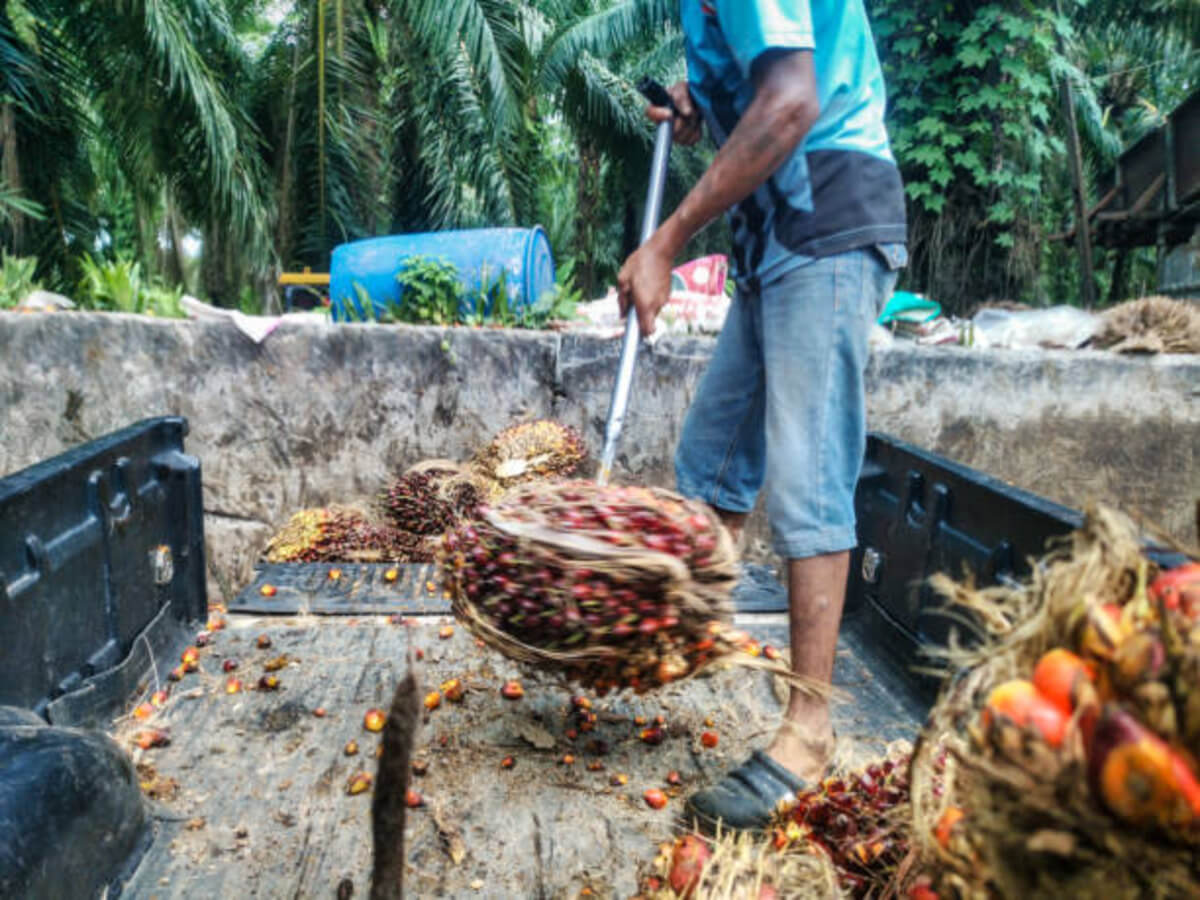The palm oil business in Nigeria, popularly referred to as the “Giant of Africa,” has a lot of promise. The nation enjoys a competitive advantage in the production of palm oil thanks to its pleasant environment and extensive fertile territory.
This essay will examine the Nigerian palm oil industry, highlighting its importance, potential, and important factors for aspiring business owners.
Also, check out EasyBuy Phones.
Importance of Palm Oil in Nigeria
The economy and culture of Nigeria are highly dependent on palm oil. It is a fundamental component of regional cuisine and the main source of cooking oil.
Palm oil is also widely used in many different industries, including the manufacturing of soap, cosmetics, food, and biofuel. Palm oil is in high demand both domestically and abroad, creating a rich commercial opportunity.
Favorable Factors for Palm Oil Production
Nigeria has perfect circumstances for the production of palm oil. Oil palm tree cultivation is well suited to the tropical temperature, copious rainfall, and huge land resources of the nation. Oil palm farms expand and produce more due to the rich soil in areas like Edo, Delta, Cross River, and Akwa Ibom.
Palm Oil Production Process
The manufacture of palm oil goes through a number of steps. The first step is the cultivation of oil palm plants, which mature in three to four years.
Fresh fruit bunches (FFBs), which are picked and processed to extract crude palm oil, are produced by mature trees. After that, the crude oil is processed, packed, and refined for distribution.
Business Opportunities in the Palm Oil Industry
Management of Oil Palm Plantations
Establishing and running oil palm plantations may be a lucrative business. This includes buying property, sowing seeds, maintaining the farm, and using good farm management techniques.
Palm Oil Processing
Establishing a palm oil processing mill makes it possible to extract, refine, and package palm oil. Opportunities for small- to large-scale businesses are available in this industry.
Trading and Distribution
Trading and distributing palm oil can be a lucrative company, serving as a middleman between producers and buyers. In order to do this, palm oil must be purchased from producers and distributed to a variety of markets and businesses.
Also, check out HMOs in Nigeria.
Key Considerations for Success
Market Research
To find target markets, demand trends, and potential customers, do in-depth market research. You can then decide on production volume, quality criteria, and pricing tactics with greater knowledge.
Quality Control
Ensure that quality standards are followed during all phases of production and processing. Delivering superior palm oil on a regular basis will assist establish a trusted name and win over devoted clients.
Sustainability Practices
Adopt sustainable techniques for producing palm oil by putting fair labor conditions, environmental protection, and responsible land management first. This will support international sustainability initiatives as well as the long-term profitability of your company.
Marketing and Distribution
Create a solid marketing and distribution plan to efficiently reach your target market. To increase your market reach, make use of digital channels, attend trade shows, and develop alliances with distributors and merchants.
Final Notes
Nigeria’s palm oil industry offers huge possibilities for business owners and investors. The industry offers significant potential for cultivation, processing, and trading due to its natural resources, pleasant environment, and strong demand.
Aspiring business owners can start a successful journey in the palm oil industry and support Nigeria’s economic development at the same time by understanding the value of palm oil, utilizing advantageous factors, and taking important success factors into account.
Before you go, check out How to Survive in Nigeria as a Youth.

[…] Also, check out Palm Oil Business in Nigeria. […]
[…] Also, check out Palm Oil Business in Nigeria. […]
[…] Before you go, check out Palm Oil business in Nigeria. […]